Table of content
Introduction
Duck eggs, often overshadowed by their more common counterpart, chicken eggs, hold a unique place in culinary traditions across various cultures. Their richer flavor, creamier yolk, and higher nutritional profile make them an excellent choice for those seeking to elevate their culinary experiences while benefiting from enhanced nutritional benefits. This article delves into the intricacies of how to cook duck eggs to perfection, ensuring they are not only delicious but also packed with nutrients that promote overall health. From simple boiling and frying techniques to more elaborate recipes, discover the versatility and nutritional prowess of duck eggs.
Understanding Duck Eggs: Nutritional Benefits
Before diving into the cooking methods, it’s crucial to understand what sets duck eggs apart nutritionally. Compared to chicken eggs, duck eggs offer a higher content of essential nutrients such as:
-
Fats and Cholesterol: While both contain fats and cholesterol, duck eggs have a higher proportion of healthy fats, including monounsaturated and polyunsaturated fats, which are beneficial for heart health when consumed in moderation.
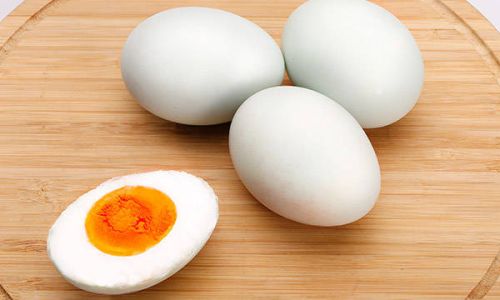
-
Protein: Duck eggs provide a similar amount of high-quality protein but with a slightly different amino acid profile, which can be advantageous for muscle repair and growth.
-
Vitamins and Minerals: Duck eggs are rich in vitamins A, D, E, and B vitamins, especially choline, which is crucial for brain health. They also contain minerals like iron, selenium, and zinc, which support immune function and antioxidant defenses.
-
Omega-3 Fatty Acids: Some breeds of ducks produce eggs with higher levels of omega-3 fatty acids due to their diet, making them a heart-healthy option.
These nutritional attributes make duck eggs a valuable addition to any diet, provided they are cooked in ways that retain their nutritional integrity and enhance their flavor.
Basic Preparation Techniques
Boiling Duck Eggs
Boiling is one of the simplest and most nutritious ways to prepare duck eggs. Here’s how to do it right:
-
Bring Water to a Gentle Boil: Fill a pot with water and bring it to a gentle simmer, not a rolling boil. This prevents the eggs from cracking.
-
Add Eggs: Carefully place the duck eggs into the water using a spoon to avoid cracking the shells.
-
Cooking Time: For a soft-boiled egg, cook for about 4-5 minutes. For a medium-boiled egg, aim for 6-7 minutes, and for a hard-boiled egg, cook for 9-10 minutes.
-
Cool and Peel: Remove the eggs with a slotted spoon and place them in an ice water bath to stop the cooking process. Peel gently when cool enough to handle.
Frying Duck Eggs
Frying duck eggs can bring out their creamy texture and rich flavor. Here’s a basic guide:
-
Heat Oil or Butter: In a non-stick skillet, heat a small amount of oil or butter over medium heat.
-
Crack and Cook: Crack the duck eggs into the skillet. For over-easy eggs, cook until the whites are set but the yolks are still runny, then flip gently and cook for another 30 seconds. For sunny-side up, cook until the whites are fully set but the yolks remain runny.
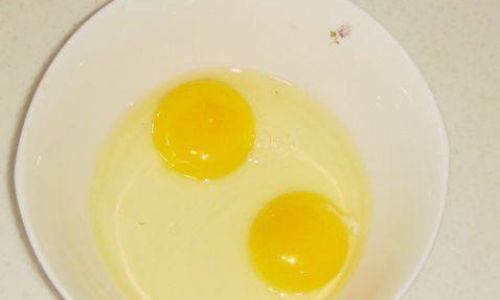
-
Seasoning: Season with salt and pepper to taste. Optionally, add herbs like chives or thyme for added flavor.
Advanced Cooking Methods
Duck Egg Omelette
An omelette is a versatile dish that can be customized with various ingredients to suit your taste. Here’s how to make a delicious duck egg omelette:
Ingredients:
- 3 duck eggs
- 2 tablespoons milk (optional for creaminess)
- Salt and pepper to taste
- 1 tablespoon butter or oil
- Fillings of your choice (e.g., spinach, mushrooms, cheese, ham)
Instructions:
-
Whisk Eggs: In a bowl, whisk together the duck eggs, milk (if using), salt, and pepper until well combined.
-
Prepare Filling: If using vegetables, sauté them in a little oil or butter until tender. Set aside.
-
Cook Base: In a non-stick skillet, heat the butter or oil over medium heat. Pour in the egg mixture and let it cook undisturbed until the edges start to set.
-
Add Fillings: Once the eggs begin to set, sprinkle your chosen fillings over one half of the omelette.
-
Fold and Finish: Gently fold the omelette in half, covering the fillings. Cook for another minute or until the eggs are fully set but still moist inside.
-
Serve: Slide the omelette onto a plate and serve immediately.
Duck Egg Benedict
Elevate your breakfast with a luxurious duck egg Benedict, featuring a poached duck egg atop a toasted English muffin, smothered in hollandaise sauce, and accompanied by ham or bacon.
Ingredients:
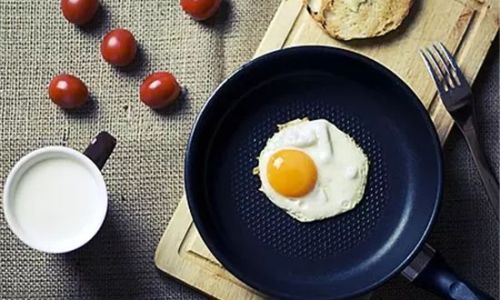
- 2 duck eggs
- 2 English muffins, split and toasted
- 2 slices of ham or bacon, cooked
- Hollandaise sauce (recipe below)
- Fresh parsley or chives for garnish
Hollandaise Sauce Ingredients:
- 4 tablespoons butter, melted
- 2 egg yolks (from duck eggs or chicken eggs)
- 1 tablespoon lemon juice
- Salt and white pepper to taste
- Pinch of cayenne pepper (optional)
Hollandaise Sauce Instructions:
-
Prepare a Double Boiler: Fill a pot with water and bring it to a simmer. Place a heatproof bowl over the pot, ensuring the water does not touch the bottom of the bowl.
-
Whisk Egg Yolks: In the bowl, whisk the egg yolks until they lighten in color and become frothy.
-
Add Butter: Gradually drizzle in the melted butter, whisking constantly until the sauce thickens.
-
Season: Add lemon juice, salt, white pepper, and cayenne pepper (if using), whisking to combine.
-
Keep Warm: Remove from heat and cover with a damp cloth to keep warm. Stir occasionally to prevent the sauce from separating.
Duck Egg Benedict Assembly:
-
Poach Duck Eggs: Poach the duck eggs to your desired doneness (usually around 3-4 minutes for a runny yolk).
-
Assemble: Place a slice of ham or bacon on each toasted English muffin half. Top with a poached duck egg, then spoon hollandaise sauce over the top.
-
Garnish and Serve: Garnish with fresh parsley or chives and serve immediately.
Duck Egg Scramble
A scramble is a great way to enjoy duck eggs with a variety of vegetables and cheeses for a hearty breakfast or brunch.
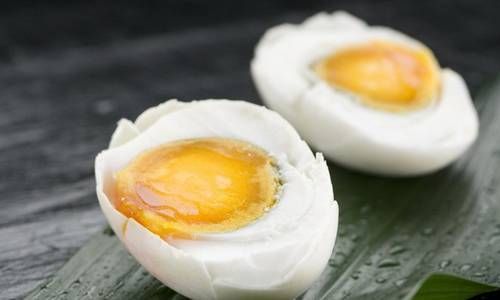
Ingredients:
- 4 duck eggs
- 1/4 cup milk (optional)
- Salt and pepper to taste
- 1 tablespoon butter or oil
- 1/2 cup diced bell peppers
- 1/2 cup diced onions
- 1/2 cup shredded cheese (cheddar, mozzarella, or your preference)
- Fresh herbs (optional)
Instructions:
-
Whisk Eggs: In a bowl, whisk together the duck eggs, milk (if using), salt, and pepper.
-
Sauté Vegetables: In a non-stick skillet, heat the butter or oil over medium heat. Add the diced bell peppers and onions, sautéing until tender.
-
Add Eggs: Pour the egg mixture over the vegetables, stirring gently with a spatula until the eggs begin to set.
-
Add Cheese: Sprinkle the shredded cheese over the eggs and continue to cook, stirring occasionally, until the cheese is melted and the eggs are fully cooked.
-
Serve: Remove from heat, optionally garnish with fresh herbs, and serve hot.
Conclusion
Duck eggs offer a unique culinary experience with their rich flavor and superior nutritional profile. By mastering basic preparation techniques and exploring advanced cooking methods, you can transform these eggs into delicious and nutritious dishes that cater to a variety of tastes and dietary needs. Whether you enjoy them boiled, fried, in an omelette, or as part of a gourmet breakfast like duck egg Benedict, the versatility of duck eggs ensures that they will become a staple in your kitchen. So, the next time you’re at the market, consider picking up a carton of duck eggs and embark on a culinary journey that’s both satisfying and nutritious. Happy cooking!

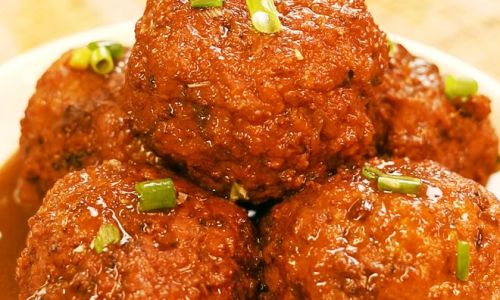
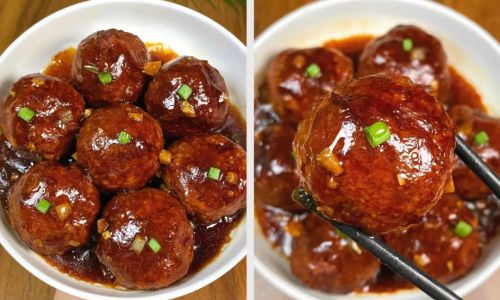
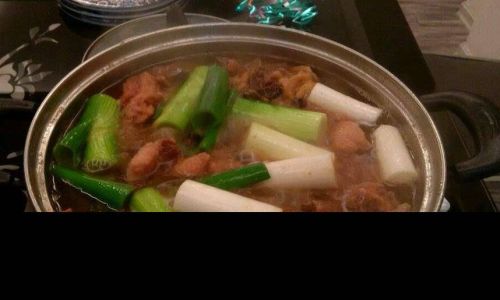
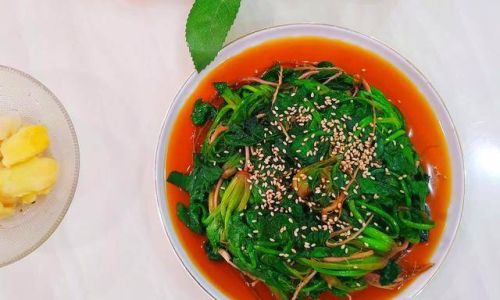
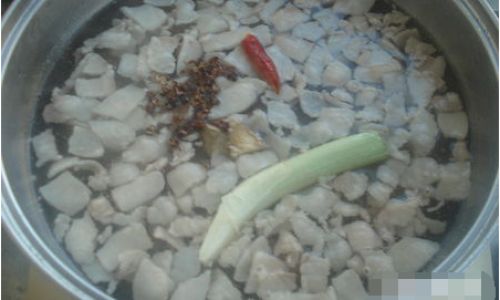
0 comments